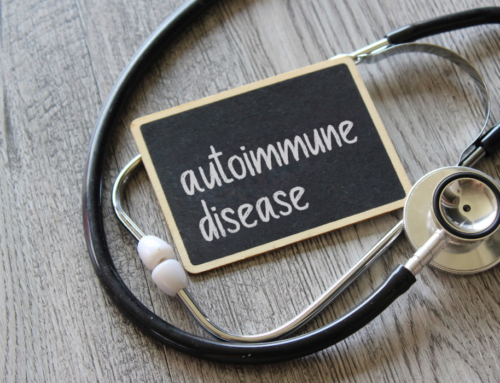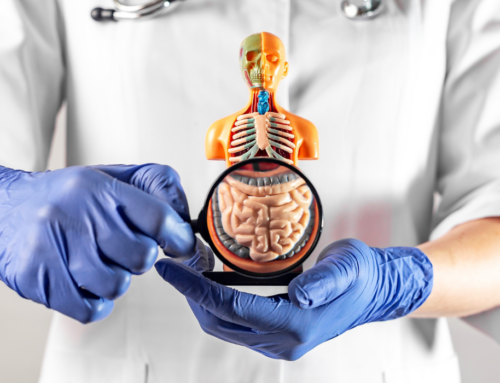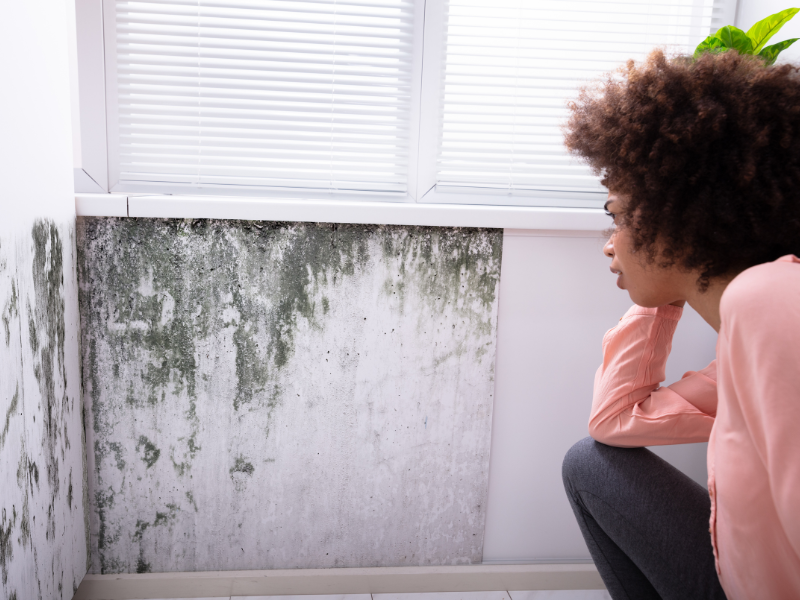
Mold Toxicity Testing in Charlotte, NC
Medically reviewed by Carlos Jorge, MD
Companion Health, a concierge functional medicine practice in Charlotte, NC, offers mold toxicity testing. Dr. Carlos Jorge and Anya Wallace, PA-C have had success in treating individuals with mycotoxins.
What is Mold Toxicity?
Before defining mold toxicity, it’s important to understand the different types of mold that there are. Don’t throw away your brie or blue cheese just yet, because these are edible types of mold that are not toxic. However, there are many types of mold spores that are toxic and can be dangerous to humans.
Mold is a fungal growth that forms on various types of organic material. Certain types of mold are toxigenic, meaning that they can produce toxins (called mycotoxins) that are a byproduct of the mold.
Though we typically think of mold being a damp or decaying material, this is not always the case. Toxic mold can also have a grayish, soot-like texture, or sometimes it has a slimy, wet surface. Toxic mold may also contain furry orange or brown spots. If you find any of these types of mold, don’t get too close! All this said, color is not an indicator of the related danger level of the mold. Mold that is seen or smelled should be considered for removal along with the moisture source.
Some individuals have allergic reactions to mold, and have an immune system response that usually affects the sinuses or lungs. Mold toxicity is different from an allergy, in that it is caused by the mycotoxins, or the “poison” of the mold.
Is Mold Toxicity “Real”?
Mold toxicity is a very real thing. The term mycotoxin was coined in 1962 when over 100,000 turkeys died from ingesting peanut meal that was later discovered to be contaminated with aflatoxins.
Though it’s been around for over 60 years, mold toxicity is often overlooked in conventional medicine. Why?
First and foremost, mold toxicity symptoms (listed below) can often resemble other issues, sometimes “simpler” symptoms. Diagnosing mold toxicity is generally done through testing but usually after ruling out other possible or potential causes. And quite frankly, there is no gold standard when it comes to testing for mold.
How one individual reacts to mycotoxins may (and likely will) differ from how another reacts to them. And to make diagnosis even more difficult, not everyone will react to the same mycotoxin exposure. For instance, only one member of a family living in the same house with a mold problem may exhibit symptoms.
Mold toxicity is an underdiagnosed root cause issue that well-trained functional medicine providers can help identify and remediate.
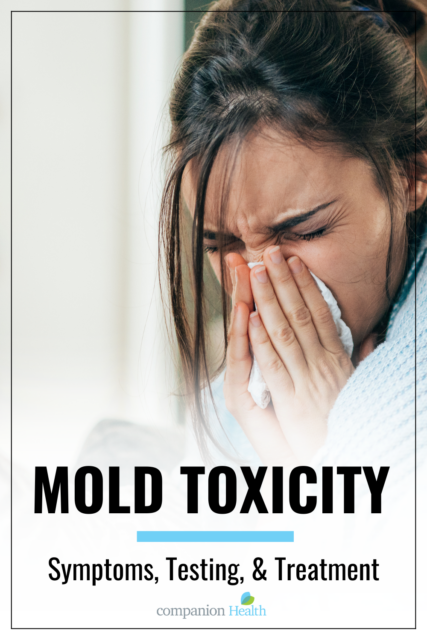
Click here to Pin this article on Pinterest!
What Are Symptoms of Mold Toxicity?
Before exploring the symptoms of mold toxicity, it’s important to note how mycotoxins invade the body. Repeat exposure to mycotoxins, either through breath, touch, or ingestion can cause them to spread and trigger an immune system response.
Health conditions/symptoms that can arise from toxic mold exposure include, but are not limited to:
- Allergies or runny nose
- Hypersensitivity
- Gut disruption/IBS
- Respiratory conditions (asthma/wheezing/shortness of breath)
- Memory loss or brain fog
- Autoimmune diseases
- Depression, anxiety, or mood swings
- Reproductive problems
- Numbness or tingling in the body
- Metallic taste in the mouth
Though the research is continuously evolving regarding mold toxicity, it is known that 25% of the population has a genetic predisposition in the HLA genes that makes them more susceptible to mold illness. This can further lead to a Chronic Inflammatory Response Syndrome (CIRS), yet diagnosis of this is multifactorial and not singly determined by acknowledgement of that specific gene set.
Related: Stress: Where is it hiding?

What is a Mycotoxin Test?
Mycotoxin testing detects the presence of harmful mycotoxin metabolites caused by mold or fungi in the body through a simple test.
We use the Great Plains MycoTOX Profile at our Charlotte-based clinic, a test that screens for eleven different mycotoxins, from 40 species of mold. This test measures 11 different mycotoxins from a wide variety of 13 mold types (genera) including: Aspergillus, Penicillium, Fusarium, Myrothecium, Stachybotrys, Bipolaris, Gibberella, Chaetomium, Trichoderma, Trichothecium, Cephalosporium, Verticimonosporium, and Monascus.
One urine sample can give insight on which mycotoxins are present in the body and to what level they are present.
Who should get a mycotoxin test?
If you are experiencing “strange” or unexplainable symptoms, cannot find relief to your ailments, and/or have an autoimmune disease, a mycotoxin test may be suggested. Again, this may not be the very first test done, as your medical provider may want to explore other potential causes/run other lab tests prior to doing a test for mold toxicity.
It is not suggested to do a DIY mycotoxin test simply because of the complexity involved in the interpretation of the results.
How to Interpret Mold Test Results
Using a provider who is well-versed in mold toxicity is the best way in interpreting mycotoxin test results. False-positives as well as false-negatives can result, but more importantly, someone who knows your full medical history can be instrumental in first determining if a mycotoxin test is needed, analyzing and explaining the results, and putting a personalized treatment plan in place if necessary.
If in fact you do have mold toxicity, detoxing in an appropriate manner under the care of medical doctors is of the utmost importance.
Related: Get More Movement Daily
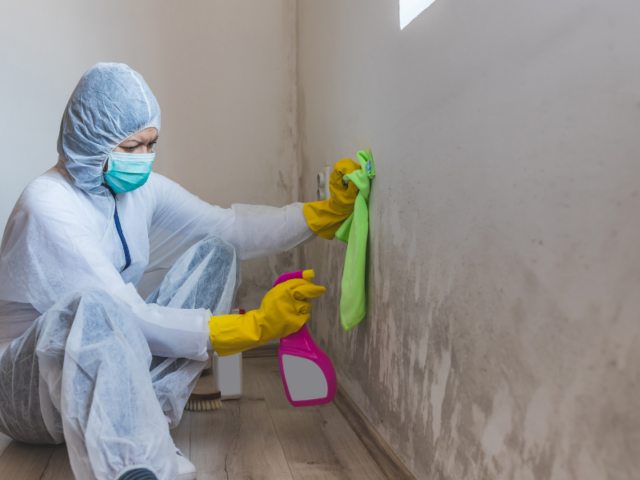
How to Treat Mold Toxicity
If it is deemed that you do have mold toxicity, it is important to release the burden on your body with some of the following tactics:
Address the Source
If mold is determined to be the cause, addressing the source can be the first step in disease control. Sources of mycotoxins can be in the environment, but they can also be found in various foods, such as coffee beans, nuts, grain, dried fruits, sunflower seeds, and more.
It’s important to note that mold remediation from a home or building should be done by professionals. It is not suggested to attempt doing this yourself. Be sure to find a reputable company who has extensive experience in mold remediation. Another tip: don’t use the same company to do the mold tests and remediation!
Lower Inflammation
Because mold toxins often triggers inflammatory responses in the body, it’s important to work on an anti-inflammatory diet along with stress management. These lifestyle changes can help your body not over-react to exposure.
Optimize Detoxification
This can be done by taking specific supplements, including glutathione (which can also be given intravenously), using binders, and following an individualized protocol determined by your medical provider. The good news is that our Charlotte-based functional medicine providers have had success in treating mold and can develop a personalized care plan if mold is part of the root cause of your issues. Sweating and/or using an infrared sauna can also aid in the detoxification process.
Conclusion
Our successes in treating individuals with mold toxicity have proved to be life-changing to the individuals involved. If you suspect that you may need a mycotoxin test, or would like more information on the topic, please feel free to contact us for medical advice. Please note that we do not offer mold testing a’la carte.
Related: Take Control of Your Health
References
NBennett, J. W.; Klich, M (2003). “Mycotoxins”. Clinical Microbiology Reviews. 16 (3): 497–516. doi:10.1128/CMR.16.3.497-516.2003. PMC 164220. PMID 12857779I
Harding, C. F., Pytte, C. L., Page, K. G., Ryberg, K. J., Normand, E., Remigio, G. J., DeStefano, R. A., Morris, D. B., Voronina, J., Lopez, A., Stalbow, L. A., Williams, E. P., & Abreu, N. (2020). Mold inhalation causes innate immune activation, neural, cognitive and emotional dysfunction. Brain, behavior, and immunity, 87, 218–228. https://doi.org/10.1016/j.bbi.2019.11.006
Related:
This is for general informational purposes only and does not constitute any practice of medicine or professional health care services of any type. The use of information on this blog is at the user’s own risk. The content of this blog is not intended to be a substitute for professional medical advice, for diagnosis, or for treatment. Please seek the care of your health care professionals for any questions or concerns.

